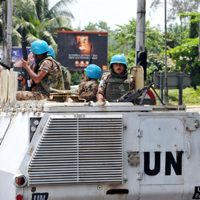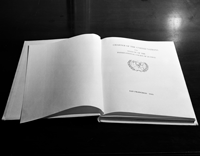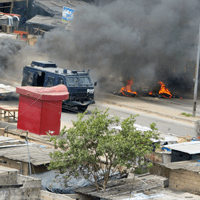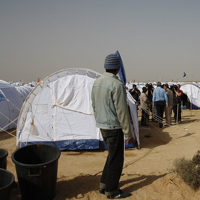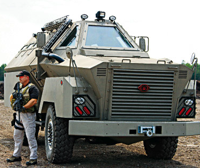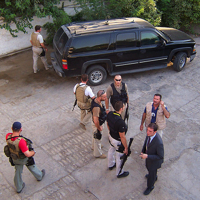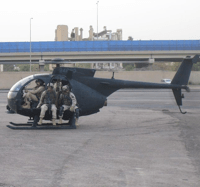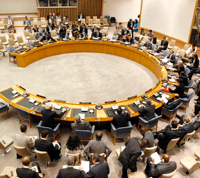
Despite all the favorable rhetoric regarding the responsibility to protect, governments continue to hesitate to embrace wholeheartedly the doctrine whereby, in the event a state is unable or unwilling to prevent its citizens from dying in large numbers, other states must be prepared to intervene. Governments from around the world endorsed this concept in the abstract at the September 2005 World Summit, but have been reluctant to apply it in reality. Indeed, Paragraph 139 of the World Summit Outcome document hedges, noting that application of the principle will be undertaken “on a case-by-case basis.” Some experts, however, have argued that […]

